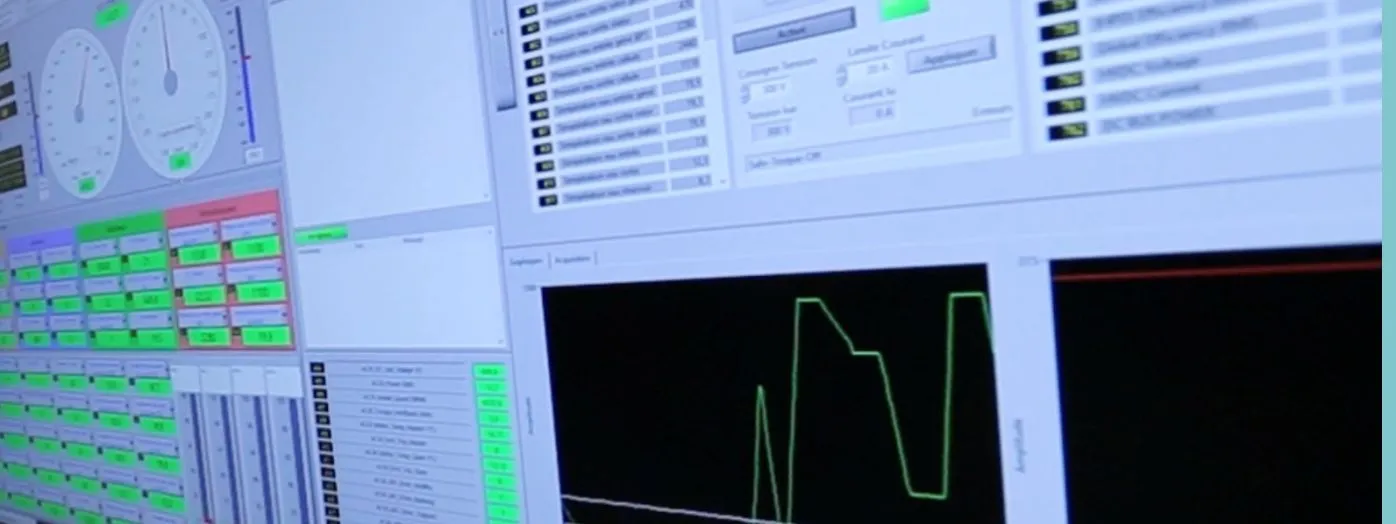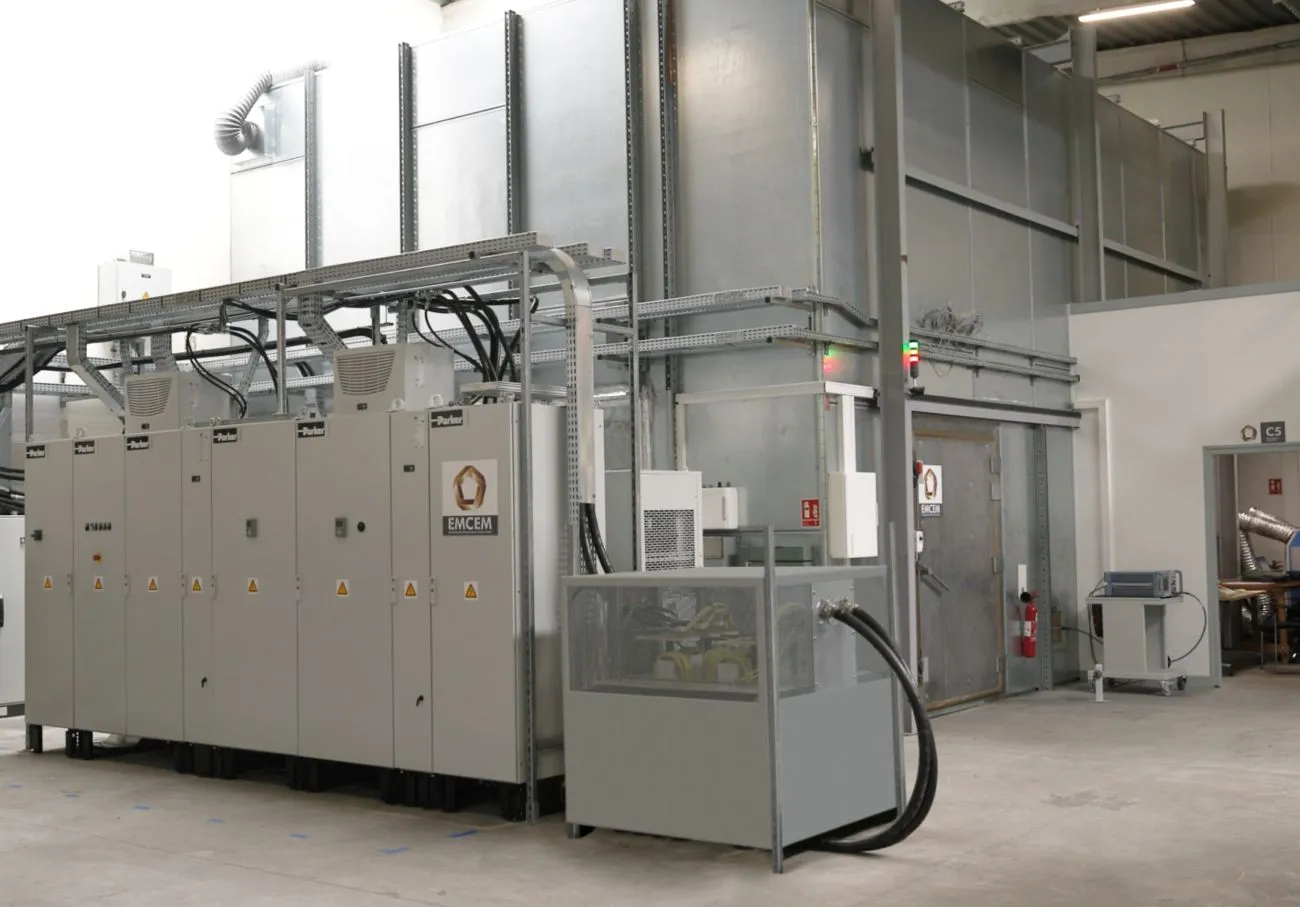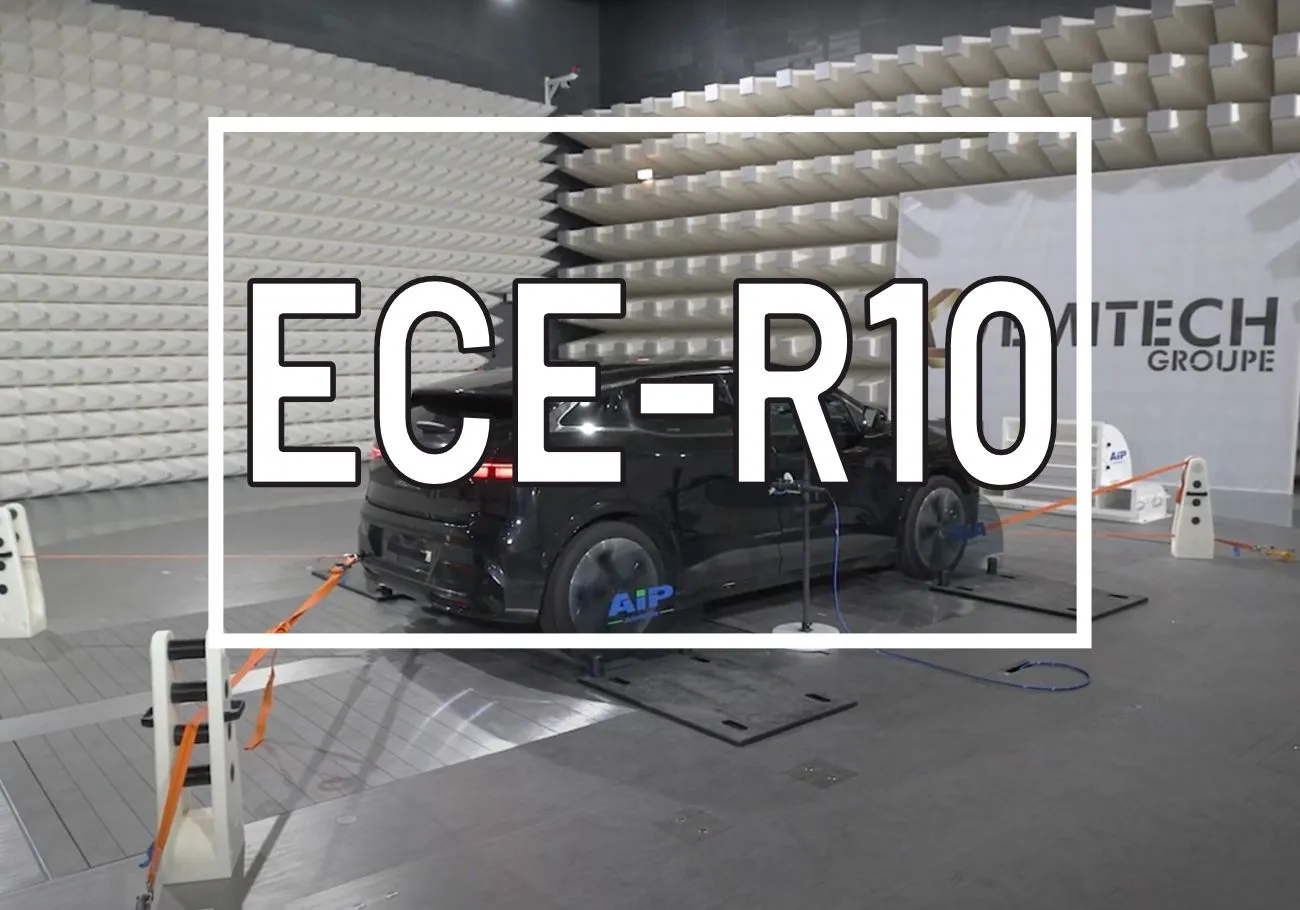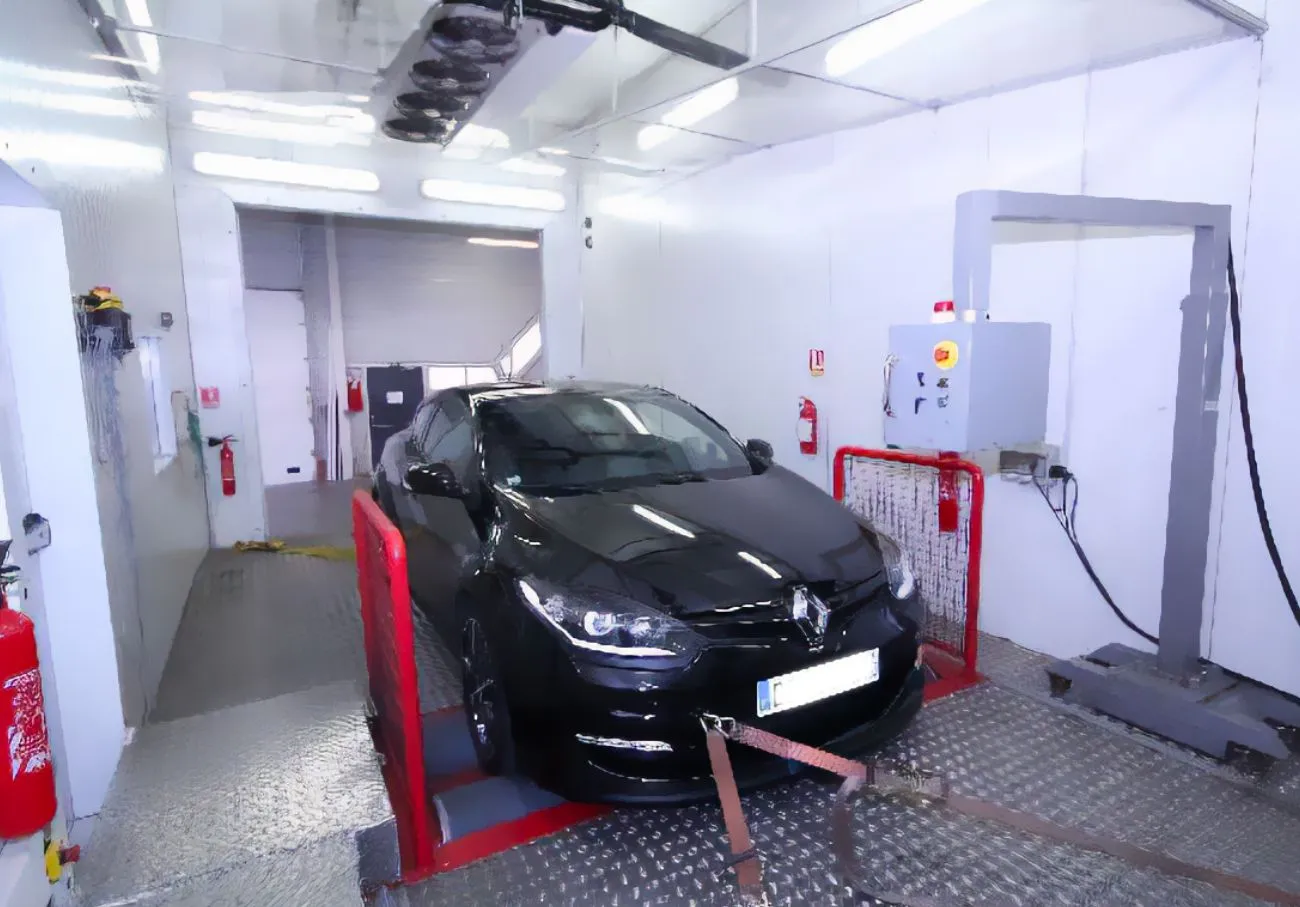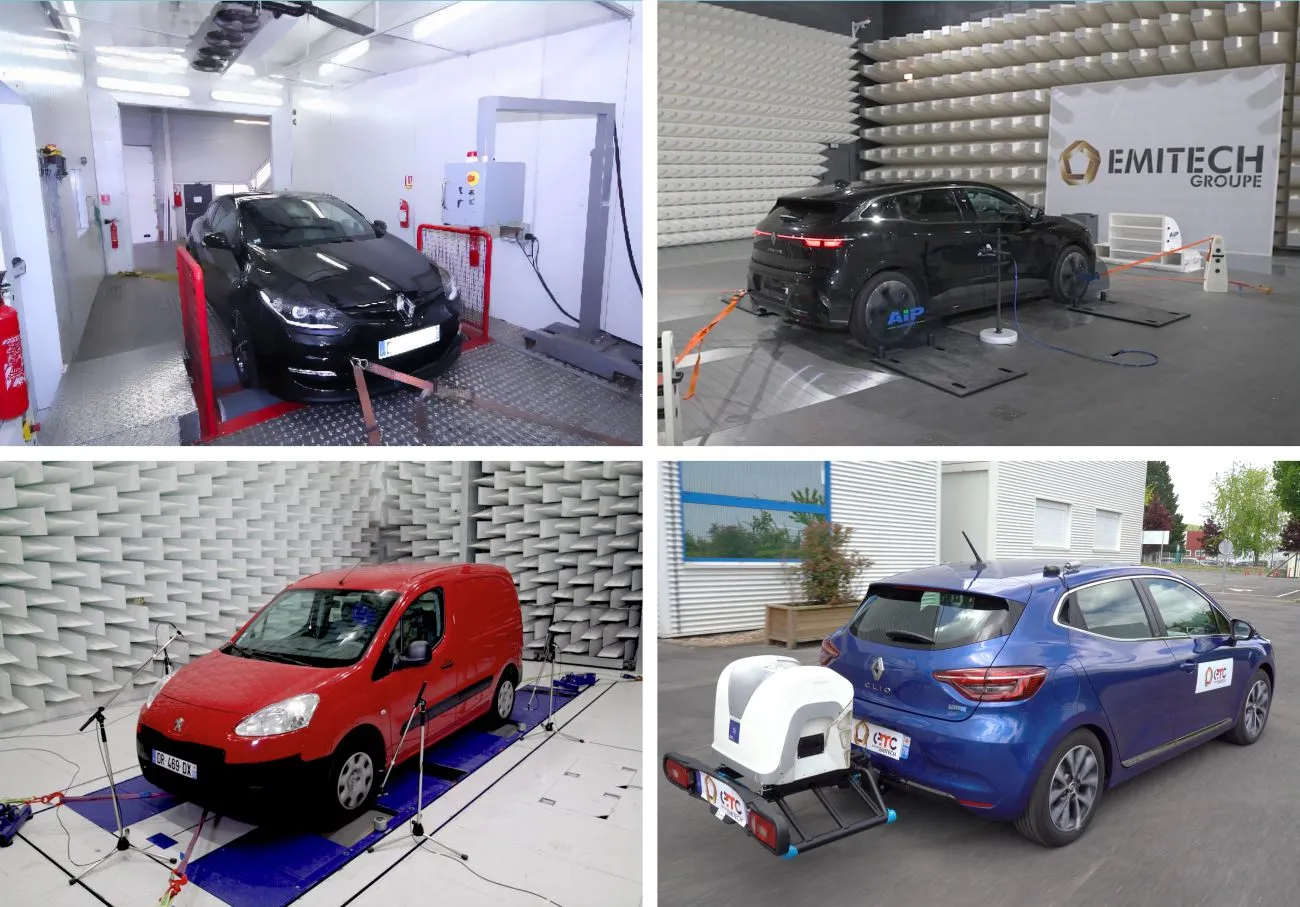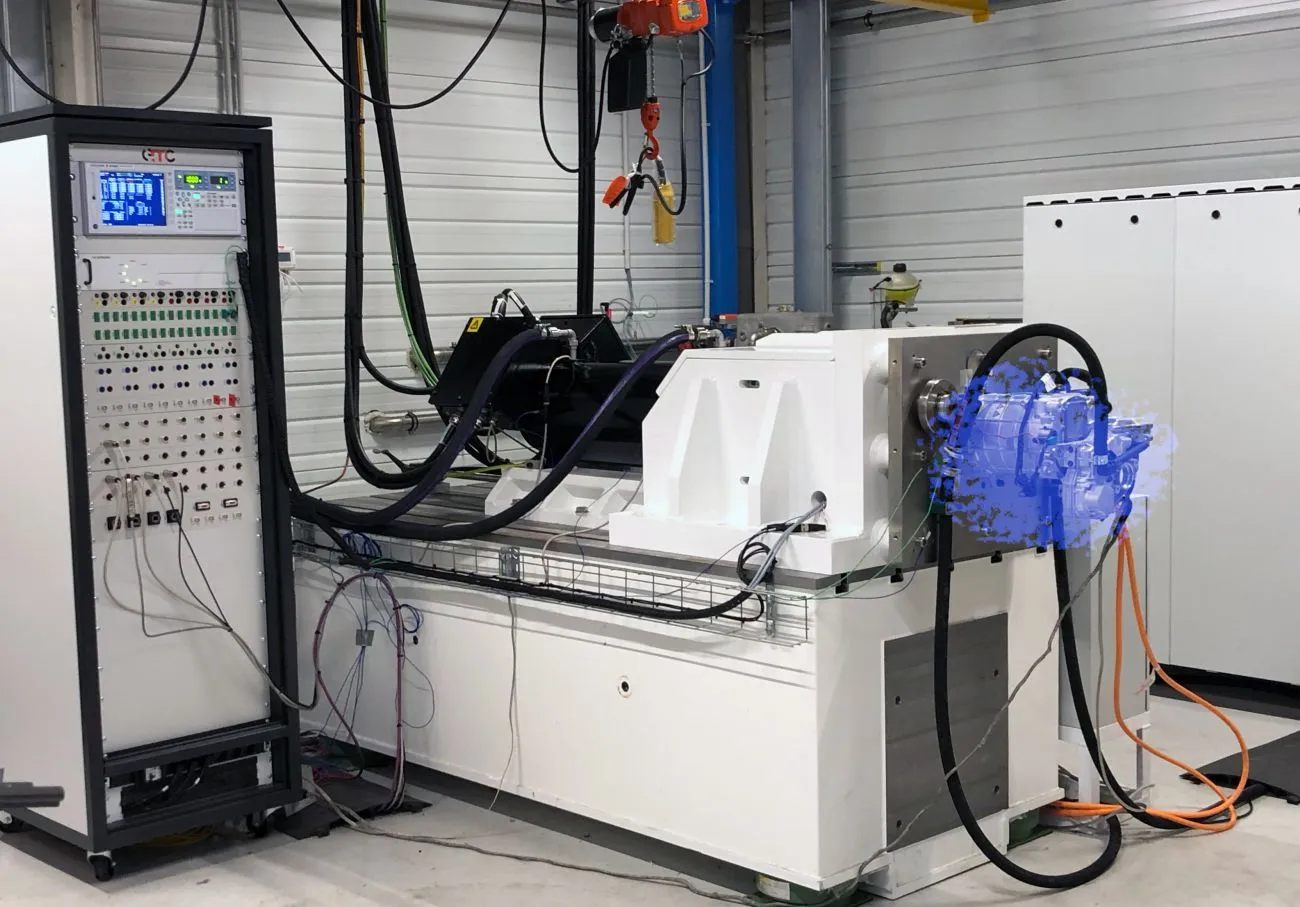Development tests for electric motors
Optimise the performance and management of your electric motors
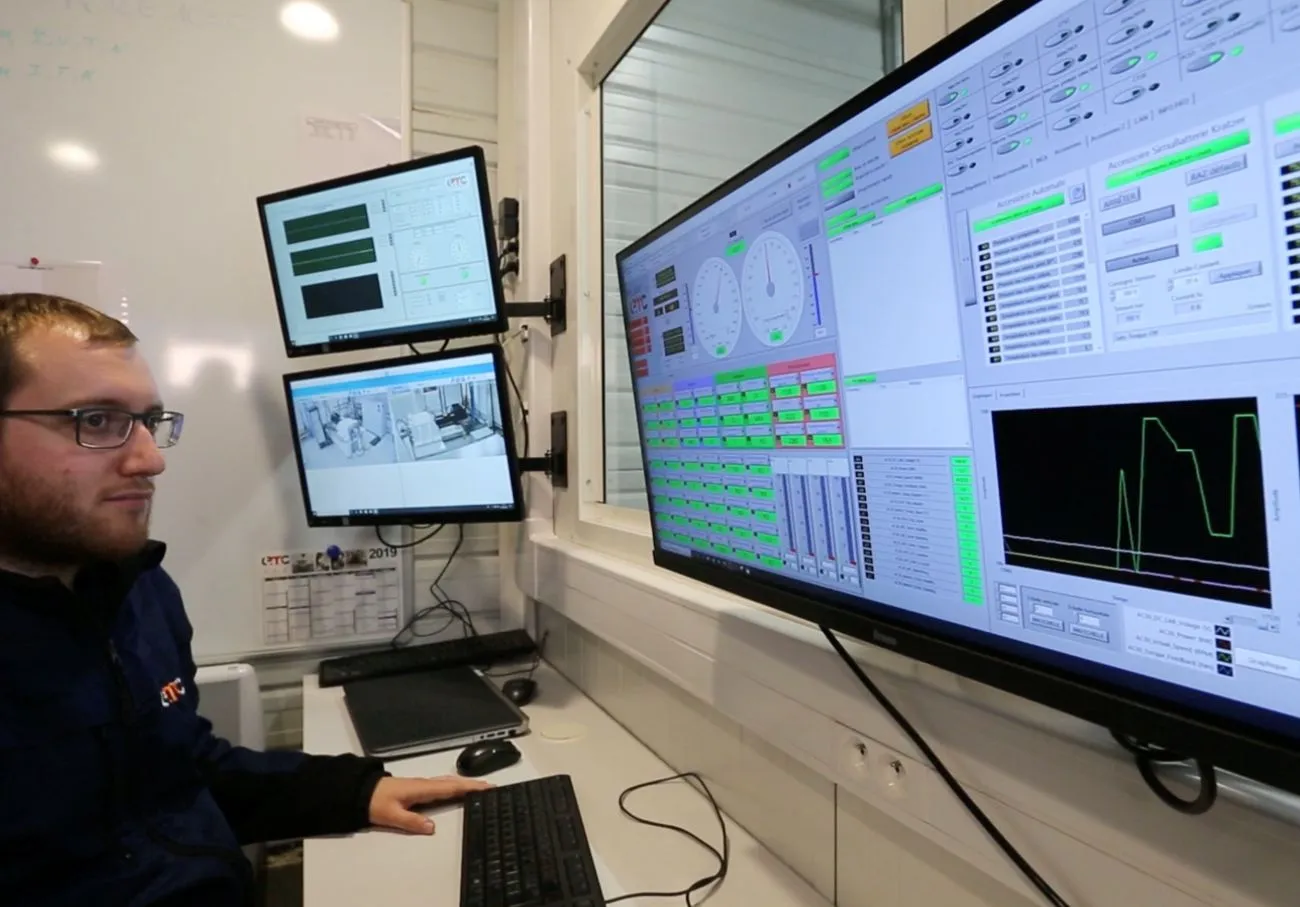
Objectives of development tests for your electric motors
- Precisely calibrate the control laws (v/f, vector, FOC, DTC, etc.).
- Optimise energy efficiency and the torque curve.
- Ensure thermal management of the engine and associated electronic components.
- Adapt the system to its actual operating conditions (cycle, load, environment).
- Check dynamic behaviour: starting, acceleration, regenerative braking, torque reversal.
What types of electric motor are involved?
Our approach: Steps and methodology
1. Initial set-up and characterization
- Identification of the motor's electromechanical characteristics (inductance, resistance, nominal torque).
- Integration into the test bench with multi-channel acquisition (voltage, current, temperature, speed, torque).
2. Control development
- Adjustment of control laws (FOC, sinusoidal, BLDC, etc.).
- Adjustment of current, speed and position loops.
- Optimisation of start-up, management of current peaks and speed transitions.
3. Thermal and energy validation
- Simulation of real operating profiles.
- Monitoring overheating (windings, magnets, bearings).
- Analysis of overall efficiency (motor + inverter).
4. Tune-up in a specific environment (optional)
- Integration into a climatic, vibration or EMC test campaign.
- Verification of performance stability under external stresses.
Talk to our experts in electric motor development testing
Our dedicated development testing facilities
- Instrumented electric motor test benches up to 400 kW.
- Mechanical servo drive for load simulation.
- High-frequency acquisition, FFT analysis, multi-point thermal monitoring.
- Analysis software: Concerto, Matlab/Simulink, dSPACE, ETAS.
Why choose the Emitech Group for your electric motor tune-up tests?
- Teams specialising in instrumentation and control and electric motors.
- Expertise in multi-physics environments.
- Our ability to integrate tests into a vehicle or complete system development process.
Needs
Discover a selection of additional resources that explore topics related to this page including regulatory contexts, technical articles, and specific areas of expertise. These materials provide further insight to help you better understand the key challenges and available solutions.
Contact us for a quote
